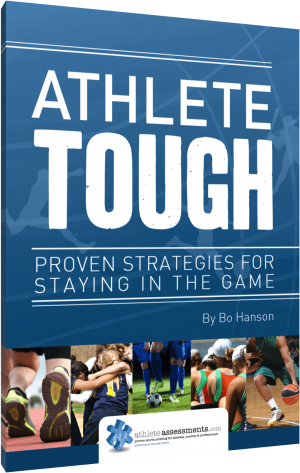Elite athletes dedicate their lives to their sport, but what happens when it all comes to an end? What happens when all you have is your sport?
This is a topic that has recently gained a lot of momentum as a critical issue in sport. For elite athletes, the large majority of their effort and energy is focused on their training and competition. Throughout their careers, athletes make personal, professional and financial sacrifices so they can pursue their dreams. Often, things outside of sport are perceived as a luxury they simply cannot indulge, so it stands to reason that when sport is no longer an option, an athlete’s life feels out of balance or even, meaningless.
This is where the concept of the ‘Athlete Transition’ comes into play. ‘Athlete Transition’ is all about dealing with the challenge of no longer being an elite athlete, whether from a sudden injury or retirement, or even after an athlete’s college sporting career is over.
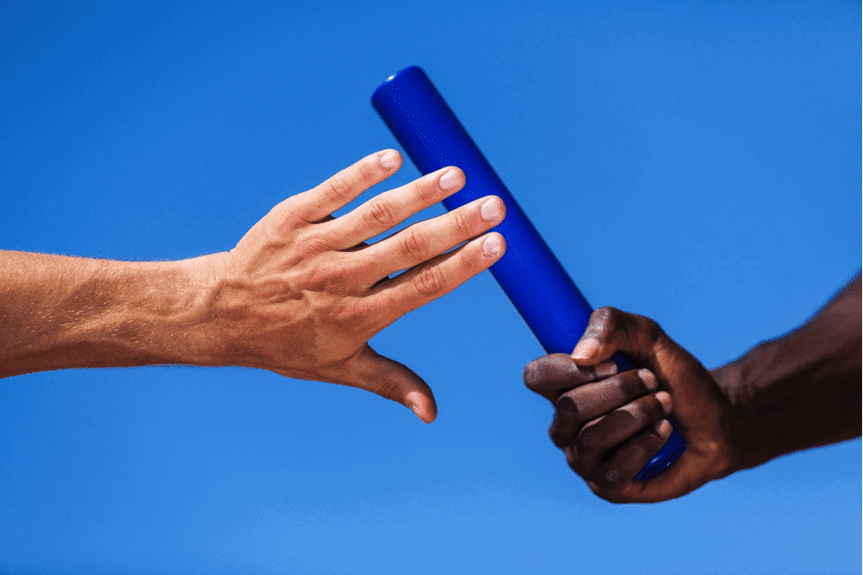
But according to Athlete Assessments’ Bo Hanson, we shouldn’t be looking at it as a ‘transition’.
Time to Plan for Transition
“Transition is the wrong way to phrase this because athletes and Coaches should be thinking about and planning for life after sport from day one,” Bo said.
“Unfortunately, what we have seen in athletes that are no longer able to compete at an elite level, is that if they haven’t prepared themselves for life after sport, they will leave with no meaningful skillset and without having anything they can contribute to society,”
“So, this ‘transition’ should be something the athlete and Coach are working on from the very first day they start in their sport. If you wait until it’s time to transition, then it’s already too late.”
Helping young athletes develop a wide range of skills and plan for their future is imperative. Studies have shown that college athletes who did manage to balance their education and career development alongside training and competition, were not only successful on the field, but they were also able to achieve success in their life after sport.
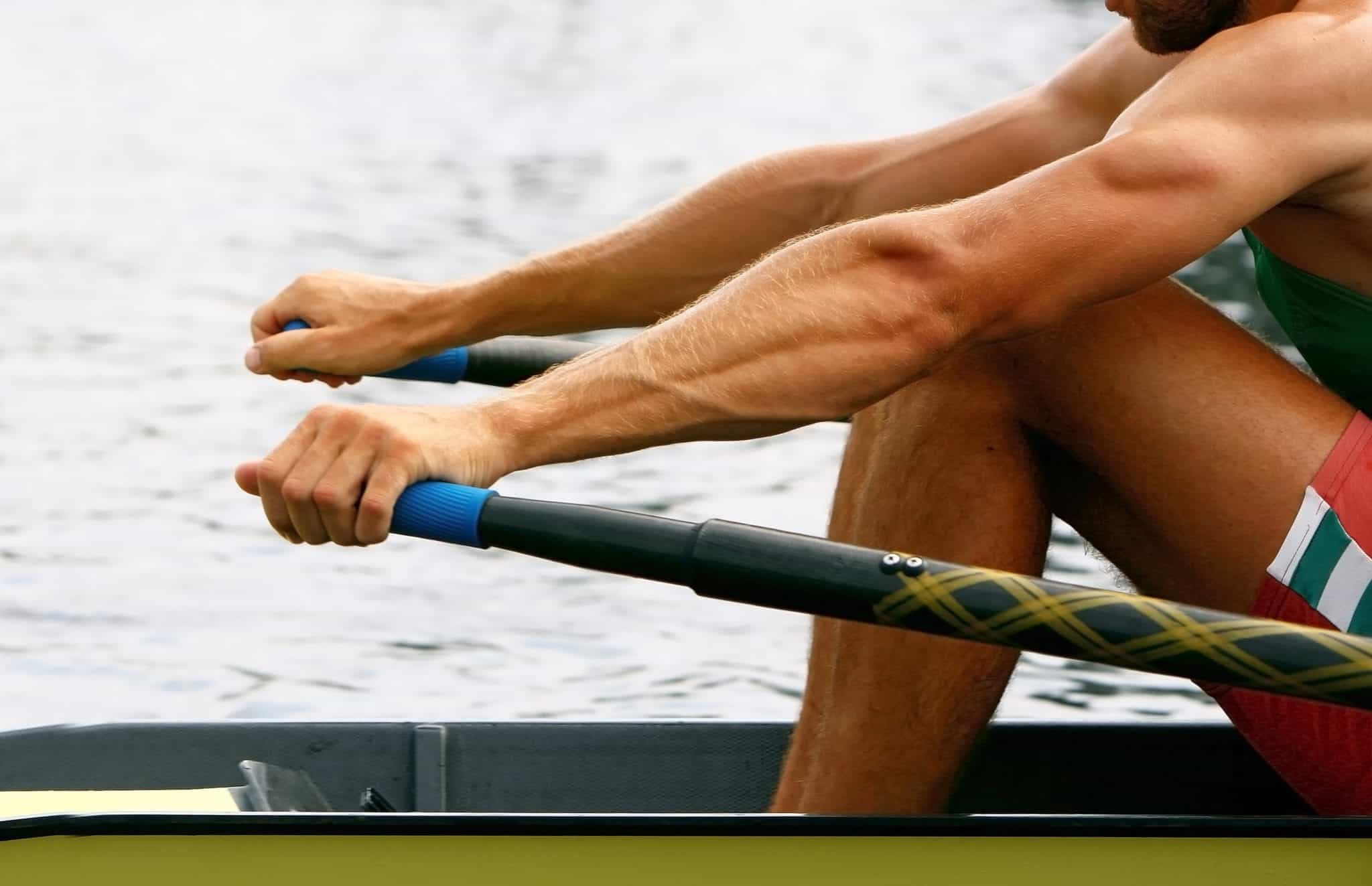
“In my experience as an athlete, what I knew for sure was that I was never going to make a lot of money from rowing and that I wasn’t going to be able to compete at an elite or Olympic level forever,” Bo said.
“I was always aware of the fact that I needed to set myself up for life after sport. So, I made sure I studied hard and I engaged in productive activities outside of my sport. I was lucky because my Coach was also very encouraging of this,”
“By the time my rowing career had ended, I had skills and a productive way to spend my time and I was excited by new prospects and opportunities.”
From an athlete or Coach’s perspective, your identity (who you see yourself as) and self-esteem needs to be attached to more than what sport you play, who you play for and the results you achieve. If it isn’t, then coping with life after elite sport can be tough.
Dealing with Change
“In terms of dealing with either a sudden or an approaching loss, there is a model for the concept of ‘coping with change’,” Bo said.
“I like to look at it as the Stages of Change. On one axis, you have your performance, or in this case it is your readiness to accept something new. On the other axis, you have the length of time it takes for you to adjust to your new reality.”
Watch the below video as Bo discusses Athlete Transition and explains the Stages of Change.
“What happens is that when an athlete first leaves, or is maybe still preparing to leave their sport they are sitting high on the Y axis, where performance is measured. Then there is a spike because they are starting to feel excited about their future and what it holds,”
“As the reality of no more sport hits, maybe you have seen your team members start back at training and you realise that you are no longer part of that world, there is a decline. Feelings like shock, denial and anger kick in. Depending how entrenched you were in your sport and at what level you were competing at, will often depend how far down this emotional rollercoaster you plunge. It is possible that some athletes will find themselves facing some level of depression.” Although it is important to note that the stresses of transitioning into life after sport is very different to someone suffering from mental illness.
In a recent article on espnW.com, Former Tennis Player Pim Siripipat describes the mental and emotional toll of this transition as a shock to her system. “I experienced all kinds of emotions: sadness, anger, low self-esteem, guilt, confusion and loneliness. Those emotions lasted for years,” she said.
This is why Coaches need to be aware of how they can support their athletes with a transition plan before it’s too late. If there are systems and processes in place, athletes can pick themselves back up and continue with a successful career and fulfilled life after sport,”
“Not all athletes get to this state of depression. For many, they will feel the fall but pick back up when they reach a level of acceptance and the realization of a new reality. They will start to explore their options and ultimately feel excited for the future once again. From here, the path goes back up as they feel as though they can get on with the rest of their lives,”
“It doesn’t mean they won’t miss their sport or being part of the team but they will be able to move on.”
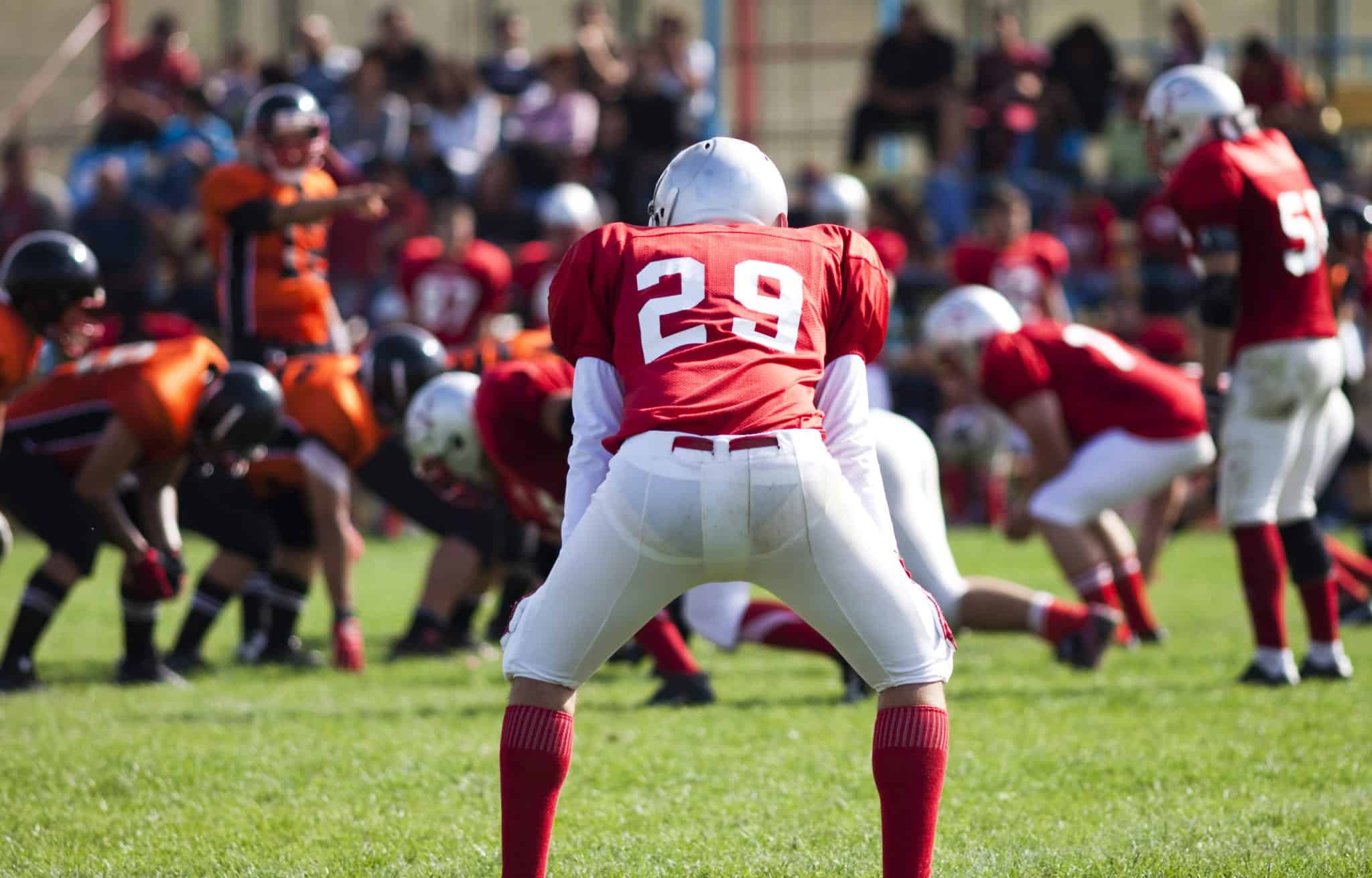
Coaches can help athletes by starting the ‘transition’ from day one. Encouraging life outside of sport, encouraging study and vocational activities that give the athlete a purpose and skillset not connected with their sport, and by helping them understand their strengths and develop self-awareness.
Be prepared for life after sport!
Here are our top 5 recommendations:
- Discover interests and abilities for activities beyond your sport (perhaps even consider coaching or the mentoring of other athletes)
- Don’t let your identity be exclusively attached to your sport. Expand your horizons, interests, passions and skills.
- Learn stress management skills so you can cope better in the down times.
- Boost your self-awareness.
- Encourage strong relationships with people who care about not only your sporting success, but your personal growth as well.
Where to next?
If you wait until late in an athlete’s career or when it’s time for an athlete to transition out of their sport, it’s already too late. The ideal timing for preparing and planning for life after sport is right from the start. Not only does this benefit the athlete as they do transition, but also during their time as an elite athlete, they benefit from having a more balanced life (as research studies have shown).
Helping young athletes develop a wide range of skills and plan for their future is critically important for Coaches and other professionals working with athletes. There are also an enormous amount of skills (such as communication, leadership, building relationship, resiliency skills, teamwork) that athletes can develop during the course of their athletic career that transfer well into other areas.
“Although my days of competing were over, what I learned and developed as a player helped me move into the next phase of my life,” Prim Siripipat, as quoted in in an article on espnW.com.
We are big advocates of athletes developing both the technical aspects of their sport (i.e. physical and sport specific technical skills) and the non-technical skills (beyond their physicality) that include how they contribute to a team, their interpersonal skills and leadership.
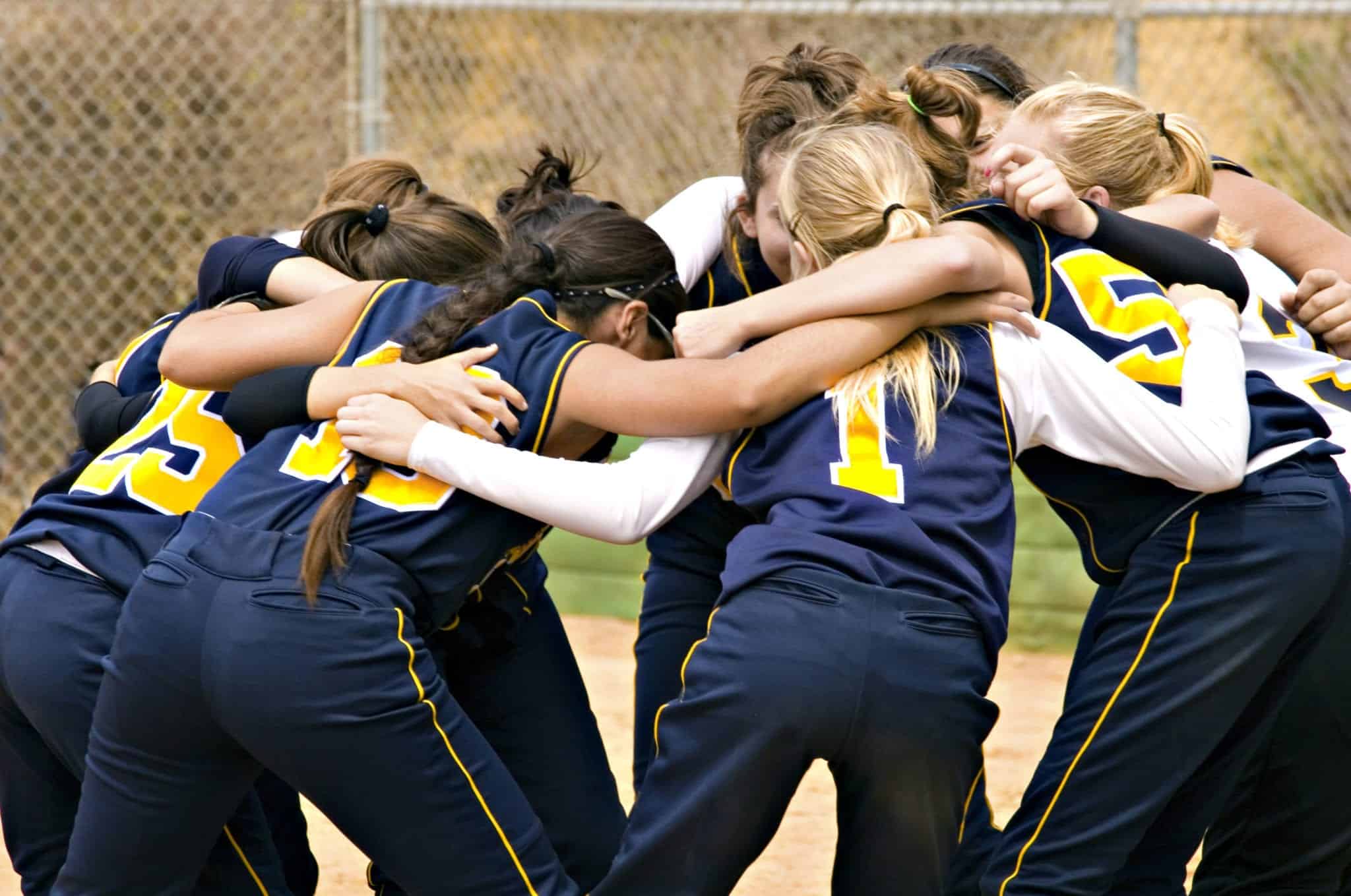
The first step is always self-awareness. It’s about helping an athlete deeply understand themselves such as what their strengths are, how they like to communicate and the type of environment they perform best in. At Athlete Assessments, we use the DISC Model and our DISC Profiles specifically created for sport, to achieve this self-awareness. With the AthleteDISC Profile, it’s primary purpose is developing self-awareness and providing a framework to understand, then build effective relationships with others. This is valuable within and outside of their sport.
You can rely on the AthleteDISC Profile to get practical strategies that help you coach athletes based on their individual needs. You will know the behaviors that produce their best performances for greater consistency when it counts the most. It provides a massive step towards your athletes building self-awareness to make improvements and take greater responsibility for their behavior on and off the field, during and after their sport. Find out more or click here to view a sample AthleteDISC Report.
In addition, the Athlete Assessments’ DISC Career Management Report that can accompany the AthleteDISC Profile Report provides invaluable information on career options outside of sport. This optional report was developed to directly assist with the planning and process of moving from being a student-athlete or full-time elite athlete to a career after sport. Finding a potential new career direction starts with defining critical elements of self-awareness and your personal strengths. That’s exactly what the AthleteDISC Profile does, which is then extended on with the personalized Career Management Report.
Research suggests that specific behavioral styles are attracted to and suited to specific jobs and careers. By truly understanding their strengths and weaknesses, athletes can better equip themselves to finding the right job match.
The Career Management Report takes the individual’s DISC Profile and maps it to potential careers that best suit their behavioral style. It also links with the O*Net website (data from the US Department of Labor) providing a list of careers and job codes to get a detailed understanding of the role, qualifications needed, daily tasks and job description, whether it is a growing industry and much more.
We are here to help
At Athlete Assessments, we’re here to provide you with excellence in service and to help you be your best. If there is anything we can assist you with, please Contact Us.


